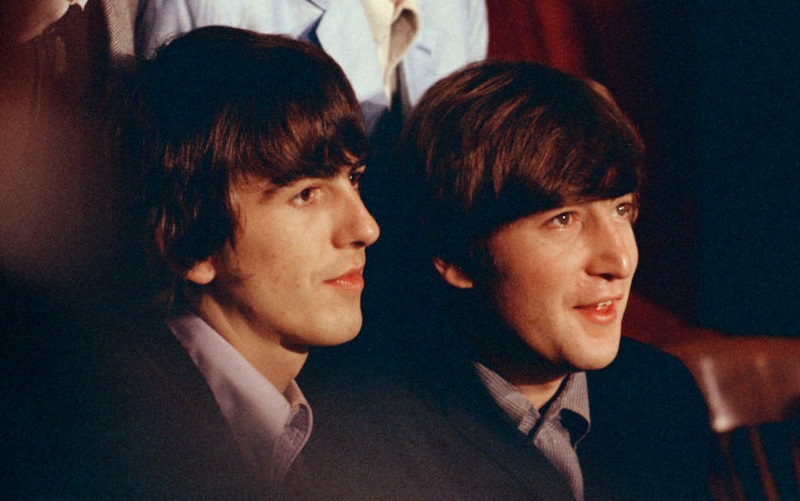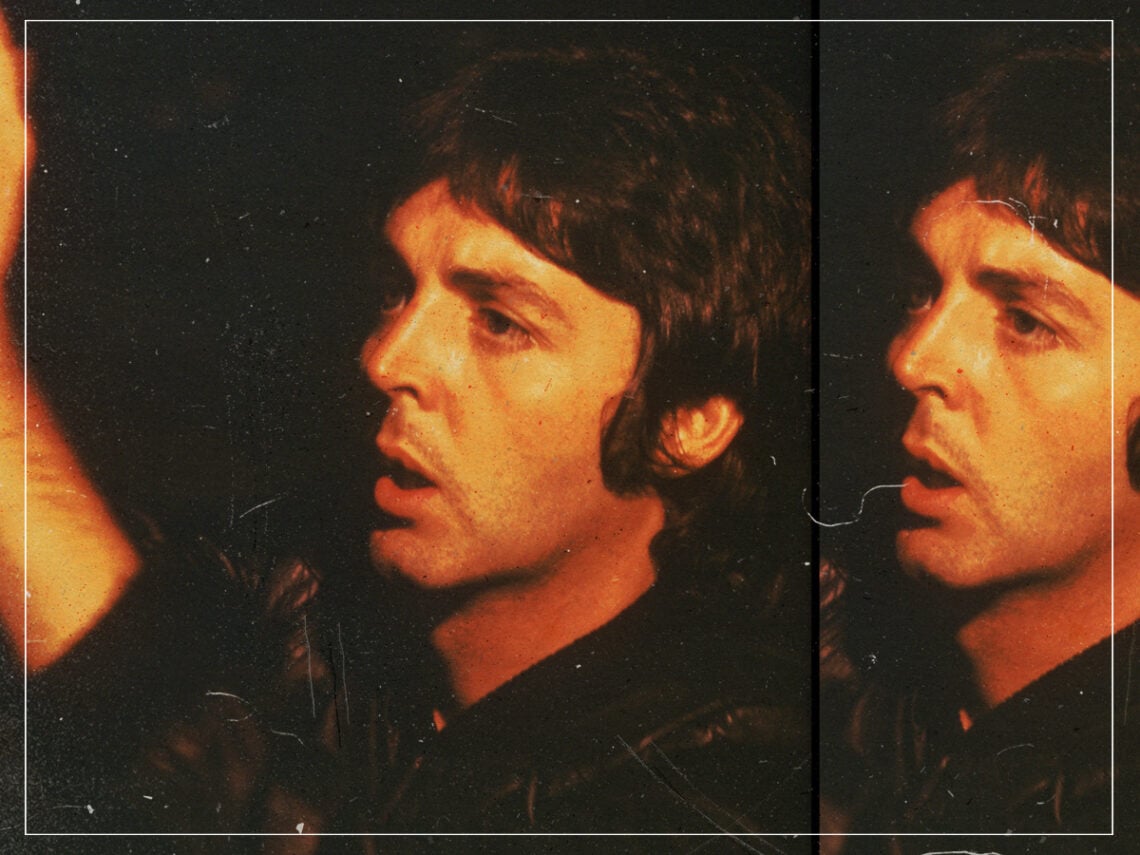As the youngest member of the group, George Harrison often felt isolated from his bandmates. While John Lennon and Paul McCartney bonded over their shared love of songwriting and pushing creative boundaries, Harrison frequently struggled to find his place. For a time, his only way to connect with Lennon was through their mutual exploration of LSD.
For Harrison, getting high often meant accessing psychological spaces he shared with Lennon, who in sobriety could come across as closed off and reserved. One reason to suggest Lennon’s altered demeanour under the influence was that he believed it broke down his ego. As he explained, “I got a message on acid that you should destroy your ego, and I did”.
In sobriety, Lennon was described by many as a gentle soul, an intelligent vestibule of knowledge who truly believed in the greater good. On LSD, Lennon was a whirlwind of his past experiences, of his absent mother, his troubled upbringing, and his inability to maintain control in his life during moments he needed it the most. On LSD, Lennon was unfiltered. A fractured soul laid bare.
For Harrison, this version of Lennon was the ultimate glimpse into his psyche, and because of his honesty in this heightened state, it brought them closer together. However, Harrison didn’t realise the true extent of Lennon’s mental challenges until 1970, after the musician released John Lennon/Plastic Ono Band, inspired by his primal scream therapy with Arthur Janov.
Listening to the album, for Harrison, was like an epiphany of sorts. All those days and evenings spent taking acid with his friend, thinking he understood exactly who he was, culminating in the ultimate confusion when faced with the idea that maybe Lennon wasn’t as well put together as he once thought. The album tackles many of Lennon’s past experiences, most notably his childhood abandonment, which made Harrison reflect, possibly for the first time ever, on how that must have impacted his friend.
“As a kid, I didn’t think, ‘Oh well, it’s because his dad left home and his mother died,’ which in reality probably did leave an incredible scar,” Harrison said. Explaining how John Lennon/Plastic Ono Band altered his perception, he added, “It wasn’t until he made that album about Janov, primal screaming, that I realised he was even more screwed up than I thought.”
In a deeply personal and introspective move, Lennon wrote the album to navigate many internal challenges he never felt at liberty to explore within The Beatles. Songs like ‘Mother’, ‘Working Class Hero’, and ‘Isolation’, for instance, reflect Lennon’s raw and honest exploration of his emotional struggles and personal history, connecting listeners with his experiences of neglect and emotional detachment.



